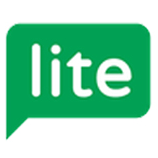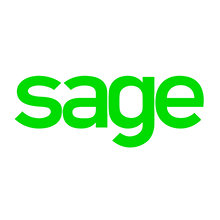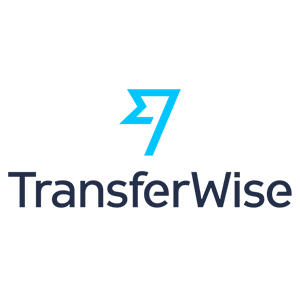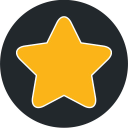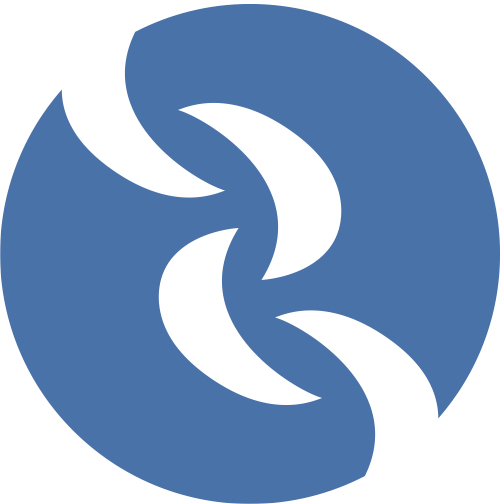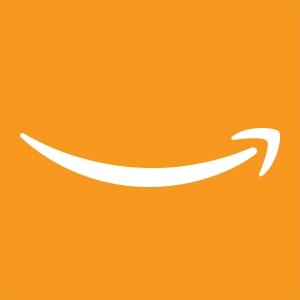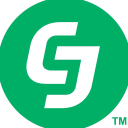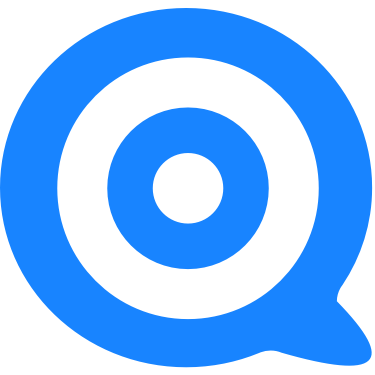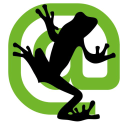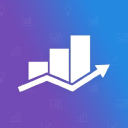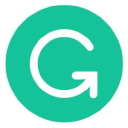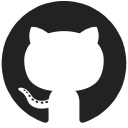How I Built A Bunch Of Niche Sites After Uni That Makes Me $40K/Month Through Affiliates
Hello! Who are you and what business did you start?
I’m Jamie I.F., I’m from North London, I’ve just turned 26, and I run increasing.com and our related internet properties.
We run a bunch of “niche sites”. We blog about a certain niche subject or hobby and get traffic when people search for information or product recommendations online.
I took our first site seriously in mid-2019 straight after graduating from uni, and we’ve since grown and hit $79K in revenue in November 2022, and $81K in December 2022. It dropped a fair bit in January (RIP Christmas capitalist buying rituals for affiliate sales😩), but I’m still very happy nonetheless!
90% of our traffic comes from organic searches via SEO, we make our money from mostly affiliate commissions on product recommendations we make, with some display ads, digital product sales, and direct sponsorships from brands.
So, if you search something on Google, our goal is to rank #1 for that result, get the clicks and traffic to answer your question, and generally meet whatever need to lead you to search that query.
For some it’s a need for information: “Can you put vinegar in a steam mop”, for it’s more...

